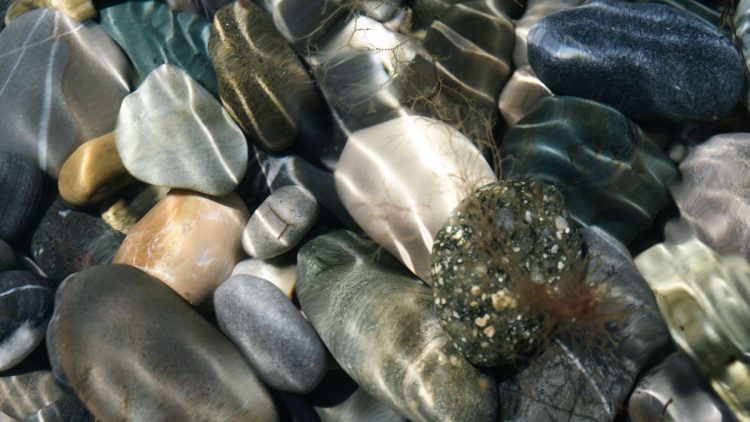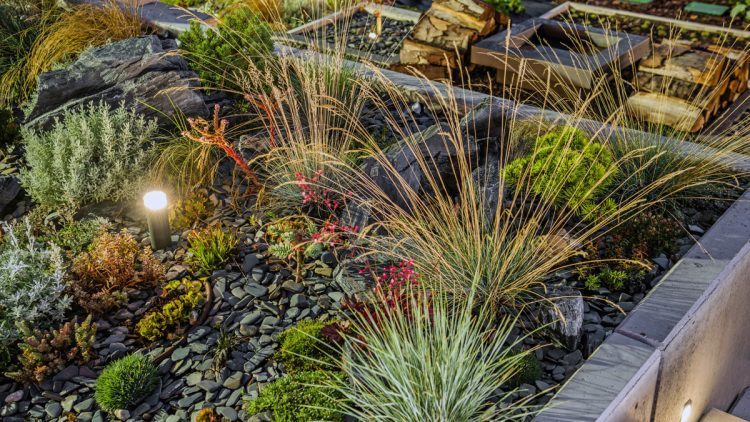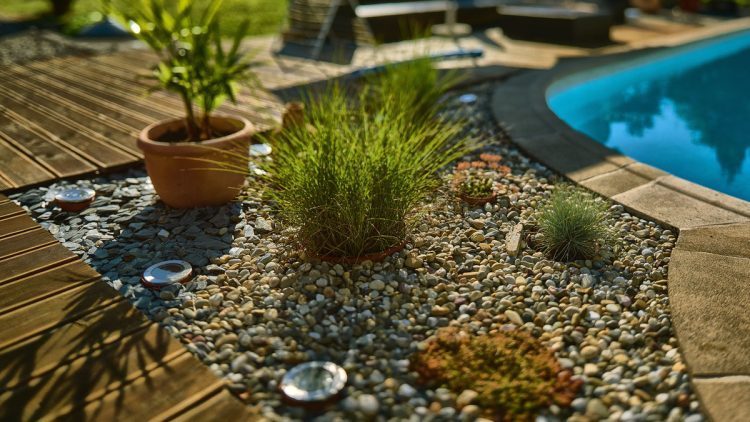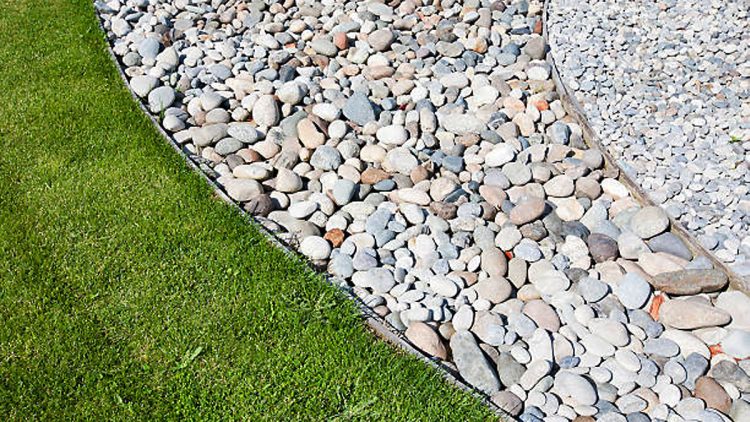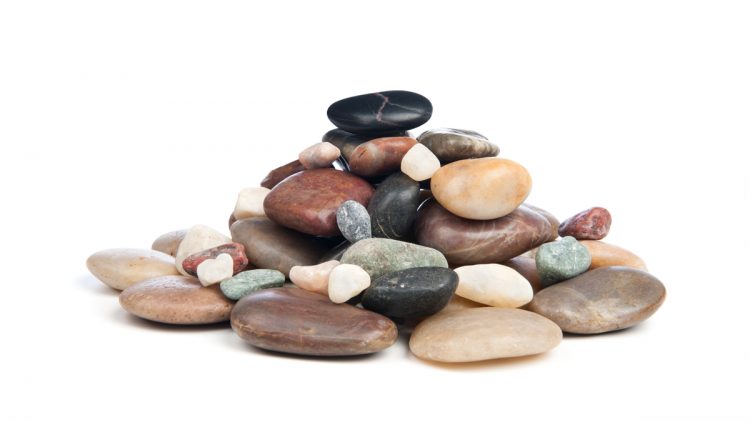How Smooth River Rock Can Enhance Your Arizona Garden
People in Arizona like to use smooth river rock in their landscaping because it looks natural, lasts a long time, and can be used in many different ways. In a place where the weather is really hot, there isn’t much rain, and the soil is hard to work with, picking the correct ground cover can make a big difference in how it looks and how well it works. Smooth river rock is a good choice for many Arizona gardens since it looks well and works well. Read on to learn more.
What Is Smooth River Rock?
Smooth river rock is made up of stones that have been sculpted over time by flowing water. River rock comes in a range of sizes and natural earth tones, and its surface is smooth and polished. This is different from crushed gravel, which has jagged edges.
Benefits of Heat and Durability
Arizona landscapes have to deal with very high and low temperatures and a lot of sun. Unlike organic materials, smooth river rock doesn’t break down, fade, or degrade. All stone absorbs heat, but smooth river rock lets air flow between the stones, which helps keep heat from building up as much as solid surfaces do. It can be part of a good desert landscaping plan if you utilize it carefully, especially around plants that don’t need a lot of water.
Saving Water and Getting Rid of It
One of the best things about smooth river rock is that it helps with water management. This is why river rock is so helpful in dry creek beds, swales, and places where stormwater needs to be managed. River rock also helps keep water from evaporating by covering exposed soil. When placed in the right parts of the garden, this can cut down on the need for irrigation.
Arizona Gardens: Design Flexibility
In many different types of landscapes, smooth river rock looks great. People sometimes use it to make paths, borders for gardens, accent areas, and around trees or shrubs. Its natural colors go well with desert plants, succulents, and native plants, making the whole thing look balanced and put together. River rock is also great for decorative things like water features, Zen gardens, and dry riverbeds that seem like natural desert washes.
A Comparison of River Rock and Mulch
Smooth river rock does not contribute nutrients to the soil like organic mulch does. Because of this, it works best in places where improving the soil is not the main purpose. Compost mulch might be a preferable choice for plants that need more organic matter.
River rock, on the other hand, lasts a long time and stays clean. It doesn’t blow away, attract bugs, or need to be replaced often. When put over a good weed barrier, it can greatly cut down on weed growth and the need for continuous maintenance.
A Good Choice for Desert Landscapes
Smooth river rock makes Arizona gardens better by adding natural beauty and durable performance. It can be utilized as a beautiful accent or a practical ground cover. It helps with water-efficient gardening and fits well with the desert environment. Call or email us today, we would be happy to help you!
Landscaping Materials Phoenix by A&A Materials, Inc.
A & A Materials, Inc., located in Scottsdale, Arizona, offers Landscaping Materials for your landscaping needs. Call us at 480-990-0557 for more information.

